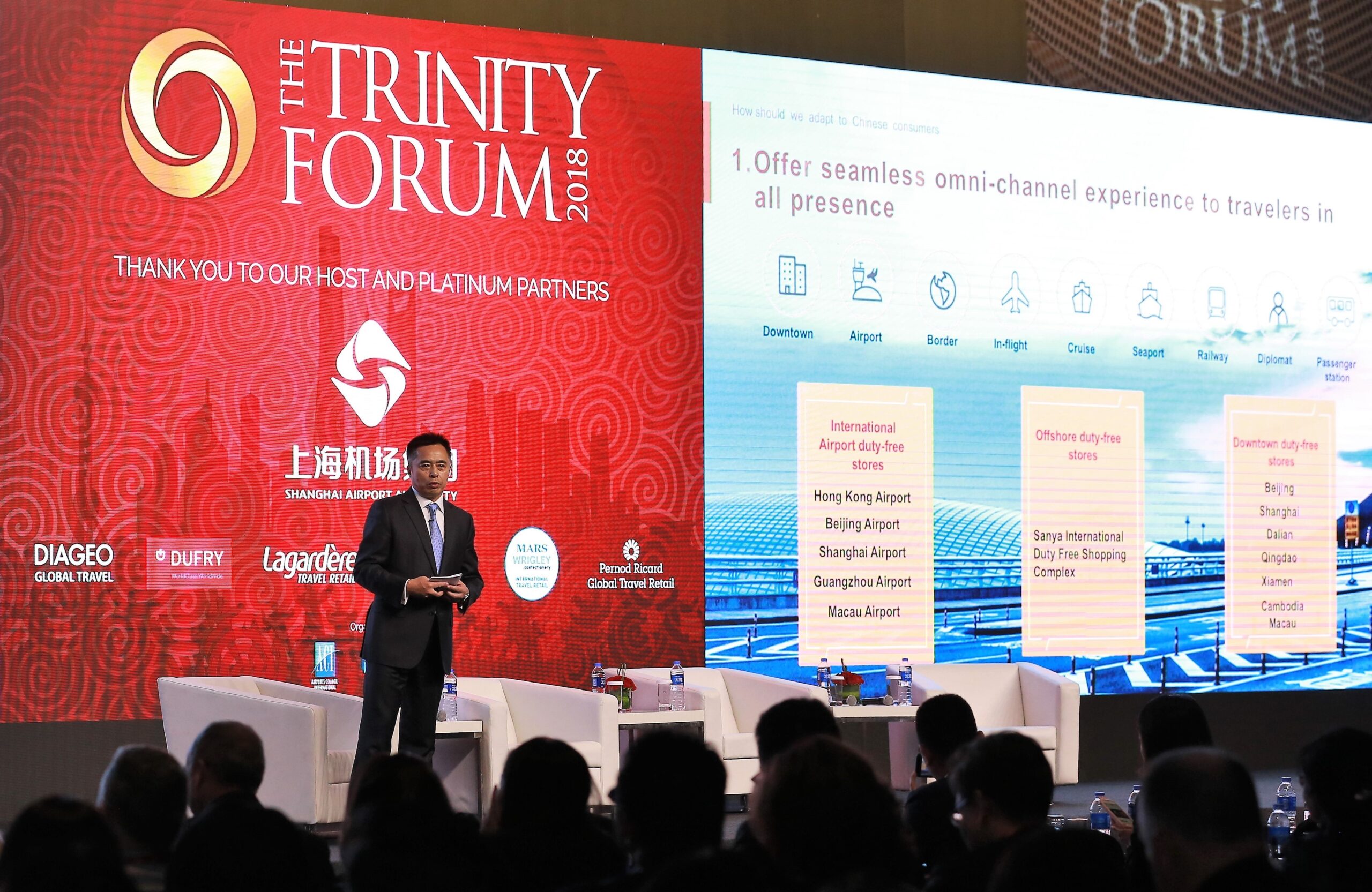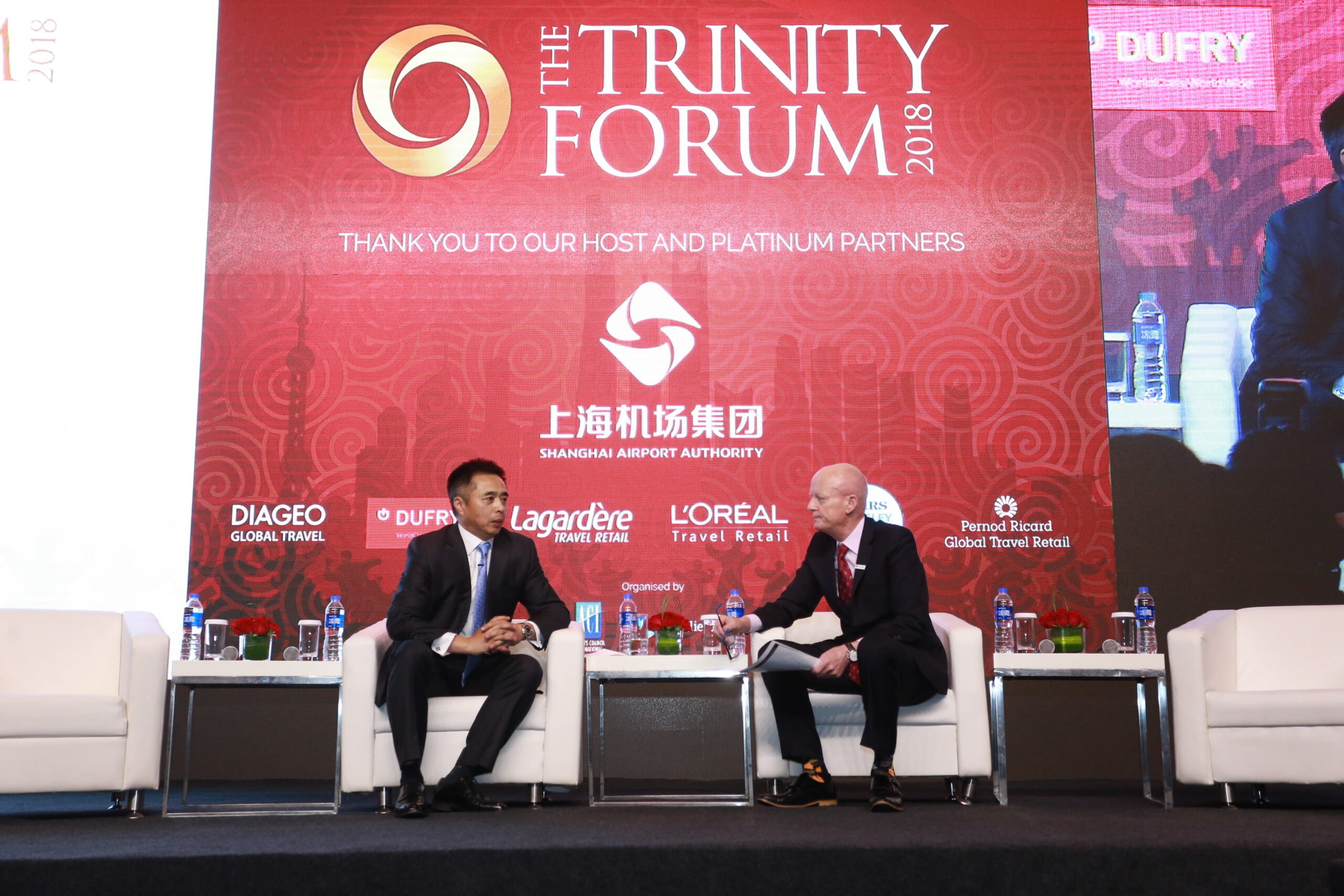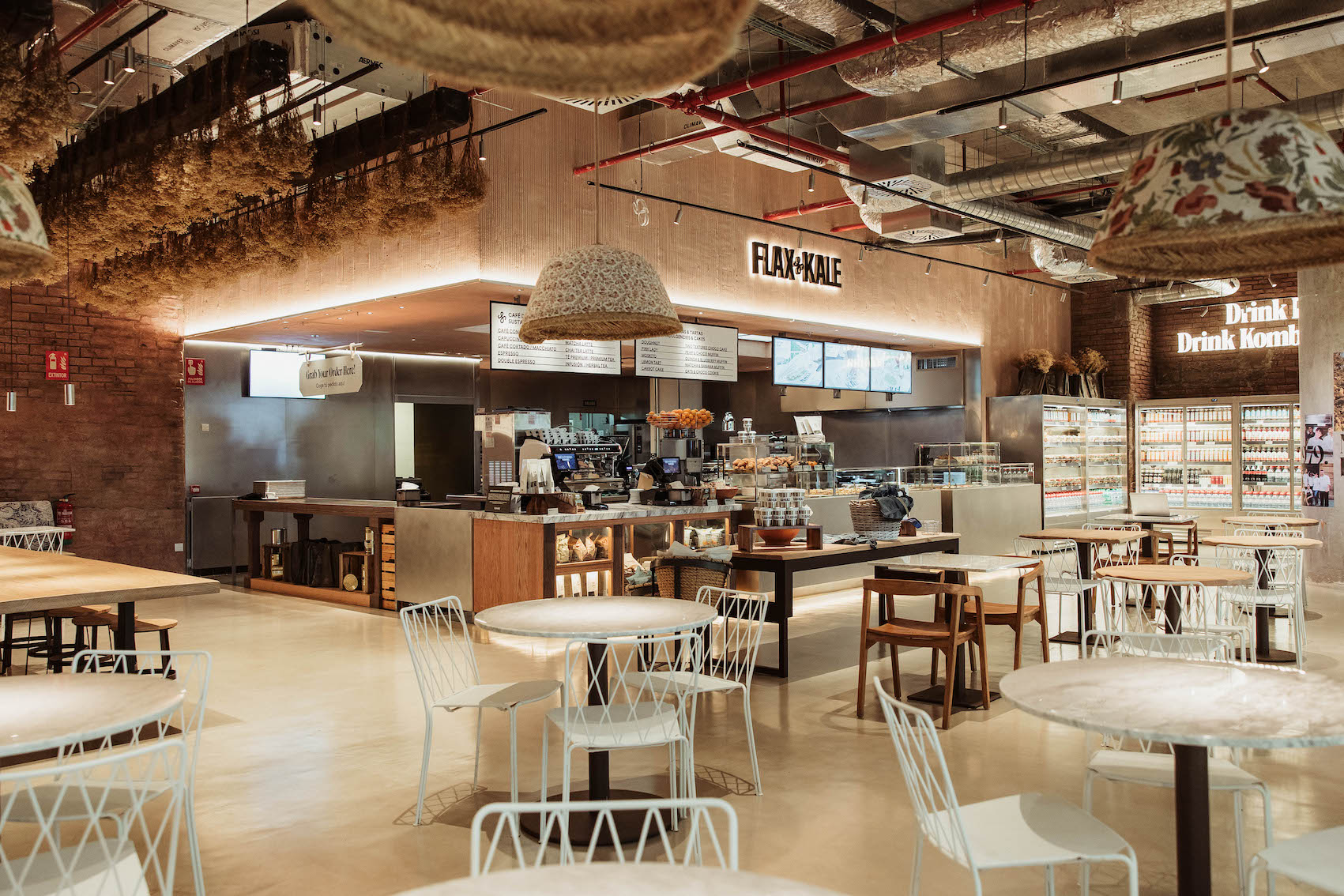CHINA. The Ministry of Finance’s announcement yesterday that it is increasing the offshore duty free allowance for visitors to Hainan Island from CNY16,000 (US$2,300) to CNY30,000 (US$4,314) from 1 December represents a powerful acceleration of the government’s sustained policy to maximise domestic consumption.
As reported, the allowance hike – agreed by the Ministry of Finance, the General Administration of Customs and the State Administration of Taxation – offers a huge boost to Hainan’s already booming offshore duty free business.

It follows other similar measures to stimulate domestic spending, including a big increase in airport arrivals duty free licences; and government encouragement for CNSC to expand its post-arrivals duty free downtown shopping network.

At a meeting with The Moodie Davitt Report on 15 November in London, senior representatives of the State-owned Assets Supervision and Administration Commission (SASAC) of the State Council, PRC – the ‘think-tank’ of China’s central state enterprises, directly under the management of the State Council – said that the Chinese government has a “special interest” in the development of the duty free industry both at home and abroad.

That interest was underlined in China Duty Free Group (CDFG) President Charles Chen’s keynote address at The Trinity Forum in Shanghai on 31 October when he spoke of booming sales at the retailer’s (now) two Hainan locations – Haitang Bay and Haikou Meilan International Airport. Chen also highlighted the government’s desire to expand the offshore duty free model.


Another sector to watch closely is post-arrivals duty free shopping. Last month in Shanghai, China National Service Corporation for Chinese Personnel Working Abroad (CNSC) outlined to The Moodie Davitt Report its hugely ambitious plans to upgrade 11 downtown shops over the next two years and to open several new stores in the coming five years.



In the airport and land border sphere, CNSC will participate in open bids to build its presence while it also harbours ambitions to explore the opportunity of opening an offshore duty free business in Hainan. The Sinopharm subsidiary also hopes to expand abroad by opening stores along the route of China’s hugely ambitious ‘Belt and Road Initiative’.
The momentous shift in China’s travel retail industry doesn’t stop there. As revealed in a worldwide exclusive by The Moodie Davitt Report, CDFG and Chinese e-commerce giant Alibaba Group signed a memorandum of strategic cooperation on 20 November that has huge repercussions for Chinese travel spending in the future.


And, critically, China will introduce a new e-commerce law on 1 January 2019, designed in part to curb the booming daigou duty free business from South Korea (in particular), Japan and other Asian countries into China.
The hitherto unregulated daigou trade spurred huge turnover (though not profitability) gains in South Korea last year and this, acting as an unofficial distribution channel for beauty (predominantly) and other brands throughout China.

In one prominent case, over 100 passengers from a single flight were stopped and fined. According to a recent report in Jing Daily, a Chinese daigou who had operated a store on Alibaba’s Taobao marketplace since 2013, was sentenced to ten years in jail for tax evasion and smuggling. The daigou was found to have evaded over RMB3 million (US$430,000) in taxes on imported apparel worth over RMB10 million (US$1.4 million).
The sweeping new e-commerce law will force e-commerce practitioners, including daigou traders, to pay taxes on all imported goods. “That will dramatically restrain the traditional daigou business,” CNSC Executive Deputy General Manager Chang Zhen told The Moodie Davitt Report.
The e-commerce law will force individual traders who are importing goods to China to register as a company – not just in China but also in the country from where they are importing the goods. “With the crackdown on the daigou business, who will satisfy the huge and increasing demand from Chinese citizens?” Chang asked.
The Chinese government believes the answer to that question and the wider one about how to maximise domestic consumption lies largely in a series of inter-related initiatives to support the country’s booming travel retail industry. These are game-changing times for the sector worldwide – and China is setting the rules.













